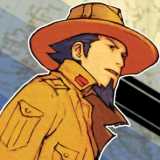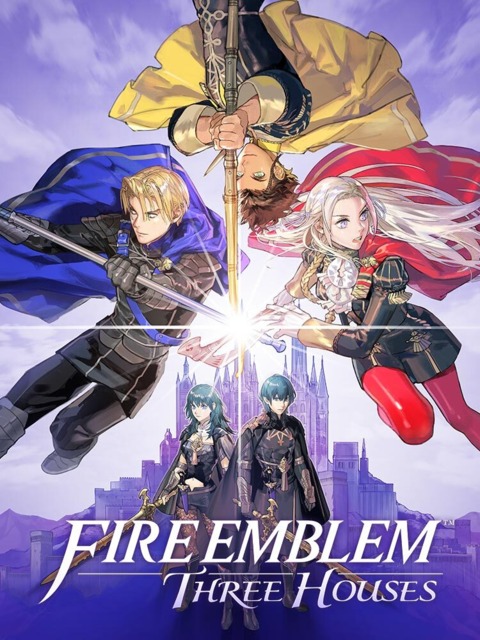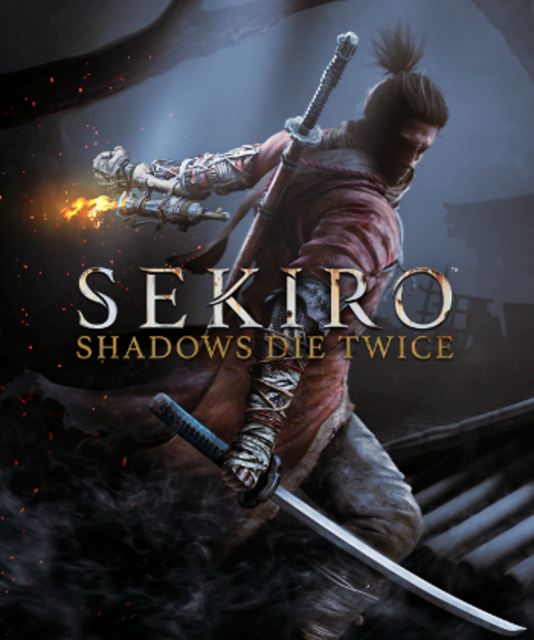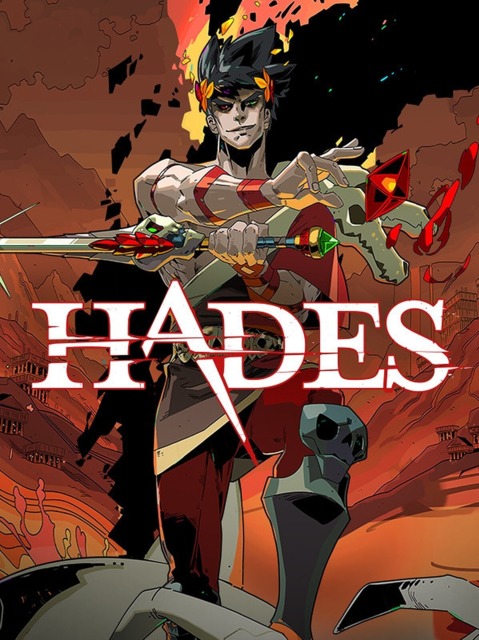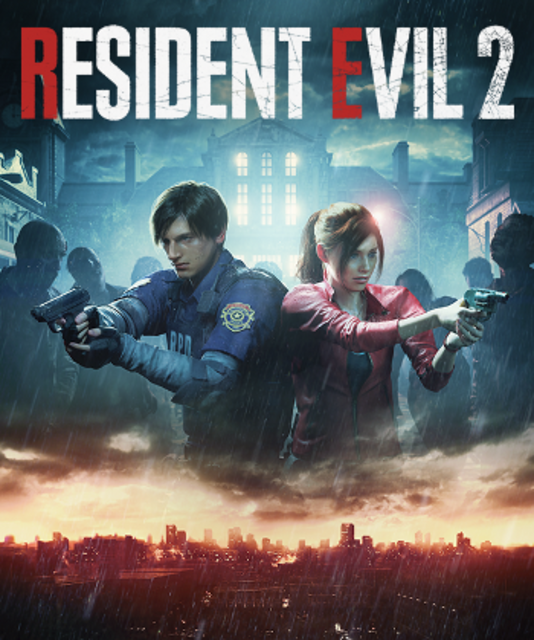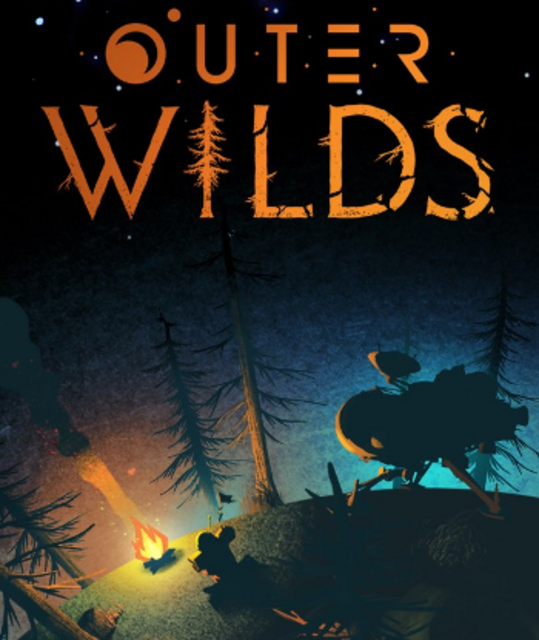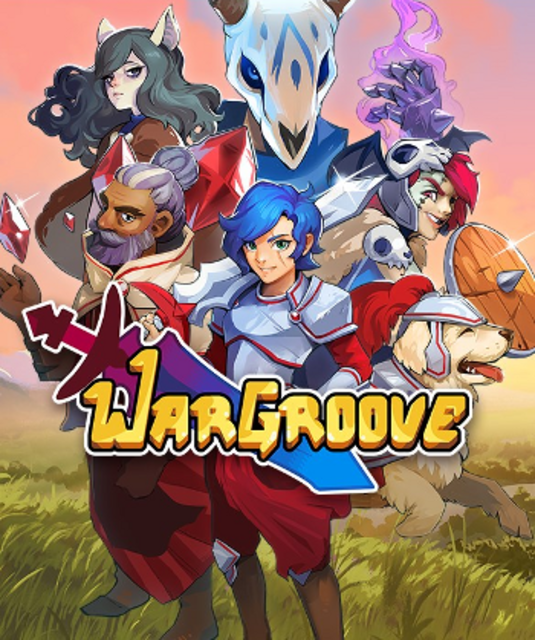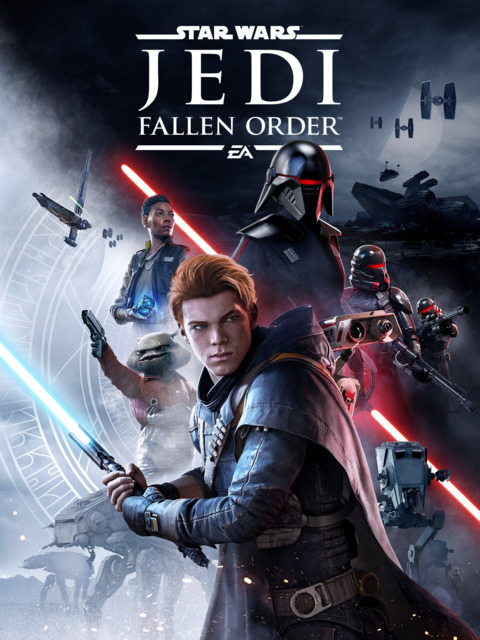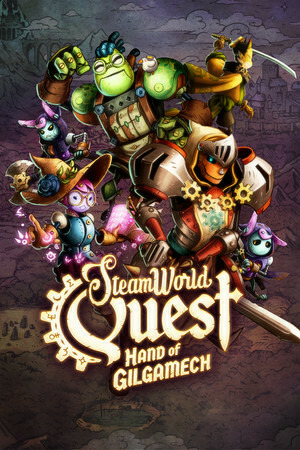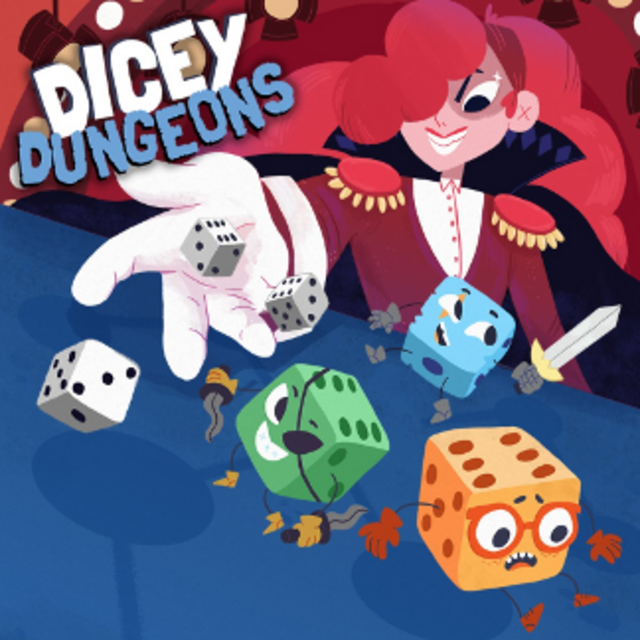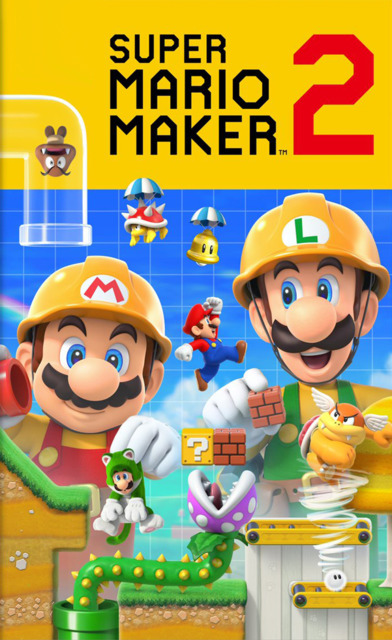GOTY 2019
2019 was an interesting year for me and video games. Following some (positive) personal changes this year, I had substantially less time for games than ever before. That means I had to adapt, and really think about my gaming priorities. What’s interesting is that, despite playing noticeably fewer games, I don’t feel like I missed out on too much. As I was going through the exercise to make this list, I realized that I still spent roughly the same amount of time on games that really connected with me; only the time spent on games that didn't noticeably dipped. So while I may not have played everything, I still played most of the games that matter to me. It’s a trajectory I’ve been on for a couple years now, and in 2019 I managed to focus more on fewer games, and was happier for it.
Fortunately, 2019 had plenty of wonderful games worth focusing on; the consensus seems to be otherwise, but I personally think this was a very strong year for video games. I certainly played more than 10 games I would have liked to showcase on this list, and all of my picks are games I genuinely wanted to spend my valuable, limited time on. That’s always a good sign, and that’s especially true for the top half of this list. I think they represent five incredible and diverse games executed at the peak of their craft, and if we were to look solely at annual top five lists, this quintet would put 2019 in the conversation for my favorite year. While it trails off a little from there, the rest of this list is still a collection of varied, quality games that I highly enjoyed playing. I had fun stuff to play all year, which is all I can ask for.
And with that, here are my 10 favorite video games of 2019. Thanks for reading, and I hope you have an awesome day!
EDIT (September 2021): See a revised version of this list here!
